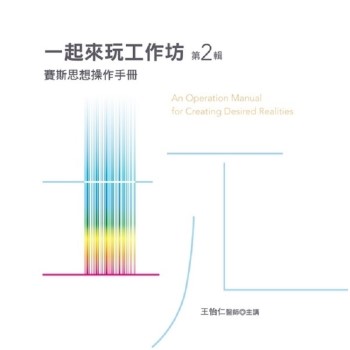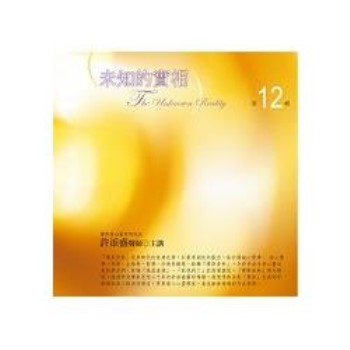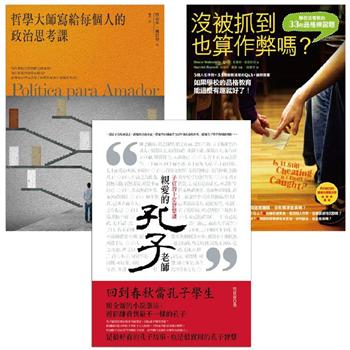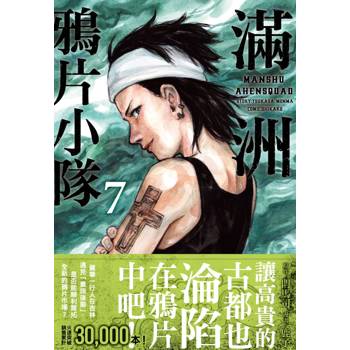| FindBook |
有 1 項符合
Afro-Indian Dreams Trilogy的圖書 |
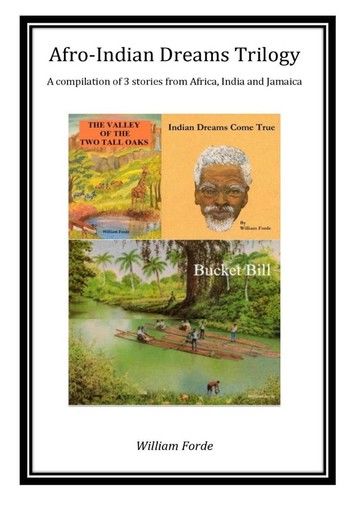 |
Afro-Indian Dreams Trilogy 作者:William Forde 出版社:William Forde 出版日期:2012-08-13 語言:英文 |
| 圖書館借閱 |
| 國家圖書館 | 全國圖書書目資訊網 | 國立公共資訊圖書館 | 電子書服務平台 | MetaCat 跨館整合查詢 |
| 臺北市立圖書館 | 新北市立圖書館 | 基隆市公共圖書館 | 桃園市立圖書館 | 新竹縣公共圖書館 |
| 苗栗縣立圖書館 | 臺中市立圖書館 | 彰化縣公共圖書館 | 南投縣文化局 | 雲林縣公共圖書館 |
| 嘉義縣圖書館 | 臺南市立圖書館 | 高雄市立圖書館 | 屏東縣公共圖書館 | 宜蘭縣公共圖書館 |
| 花蓮縣文化局 | 臺東縣文化處 |
|
|
This book is a compilation of the 3 stories that Nelson Mandela phoned me personally to say were ‘Wonderful’ at their publication in the year 2000. The stories are from the individual perspective of 3 children; one from South Africa, one from the Punjab in India and one from Falmouth in Jamaica. Each story provides an accurate historical background setting.
Throughout my life I have always been fascinated by the cultures, customs, development and history of three countries from the other side of my world. The 3 countries are Africa, India and Jamaica.
With regard to Africa and its violent history, it has always interested me how an armed militant and anti apartheid activist in the early 60s became the peace maker supreme from the mid 90s onwards. As leader and co-founder of ‘Umkhonto we Sizwe,’ an armed wing of the African National Congress, Nelson Mandela could well have been expected to leave his prison after 27 years of incarceration resentful and angry. Instead, it was largely due to his peaceful advocacy and leadership that South Africa was able to get rid of apartheid and elect him as its first black leader in 1994.
The African story is entitled ‘The Valley of the Two Tall Oaks’ and is based in the South Africa of old where all tribes warred for supremacy. It tells the story of one tribe who was a peaceful tribe in a violent time, and how the dream of each successive leader of that tribe was carried by them from one generation to the next and was passed from one chief to the next, like a baton in a relay team; until it eventually finished up in the hands of Nelson Mandela; the greatest tribal chief of all.
Between 2000 and 2003, I worked with the Education minister in the Jamaican Government to develop a transatlantic pen-pal project between 30 Falmouth Schools of children and 30 schools of children in Yorkshire, England. During this period I wrote four books which were published to raise funds for Jamaican schools and to raise awareness of the area of Falmouth, Jamaica in particular.
After 2 trips out there and obtaining the necessary background research, the book ‘Bucket Bill’ was published and the story was used in the school curriculum of all 30 Falmouth schools. Being an area that now depends solely on tourism for its revenue, most of the young people of Falmouth have a dream of living a better life in either England or the USA. I therefore wanted to help reverse this emigration trend wherever possible by highlighting the positives of its own region above that of all others.
As a young man of 18 years in 1960, I made friends with an Indian man called David who came from the Punjab and as a consequence of his culture, only one of my friends would socially mix with him in public. This was a time in Great Britain when racism was rife.
During my 3 years of contact with David before he returned to live in India, he taught me much about the customs and traditions of his native land: particularly the Punjab. Whilst there were some customs and traditions that I found alien and unacceptable, there was much more about the Indian way that pleased me.
I was particularly impressed by the capacity of so large a continent to embrace so many different cultures and religions side-by-side. However, I was less stuck by its obvious privileges afforded to the males over that of the females and was unsure about the merits of arranged marriages, when the bethrothed couple were but boy and girl.
‘Indian Dreams Come True’ tells the story of a girl from the Punjab, who from childhood dreams about the man she will one day marry. She dreams that he will be the most handsome, wealthiest and most intelligent of all Indian men. When the time comes for her to pick a husband, she faces a dilemma from the 4 suitors who want to marry her. One suitor is handsome, the second is wealthy, the third is intelligent and the fourth is an uneducated, blind man of extreme poor circumstances and modest looks. Who does she choose?
|
